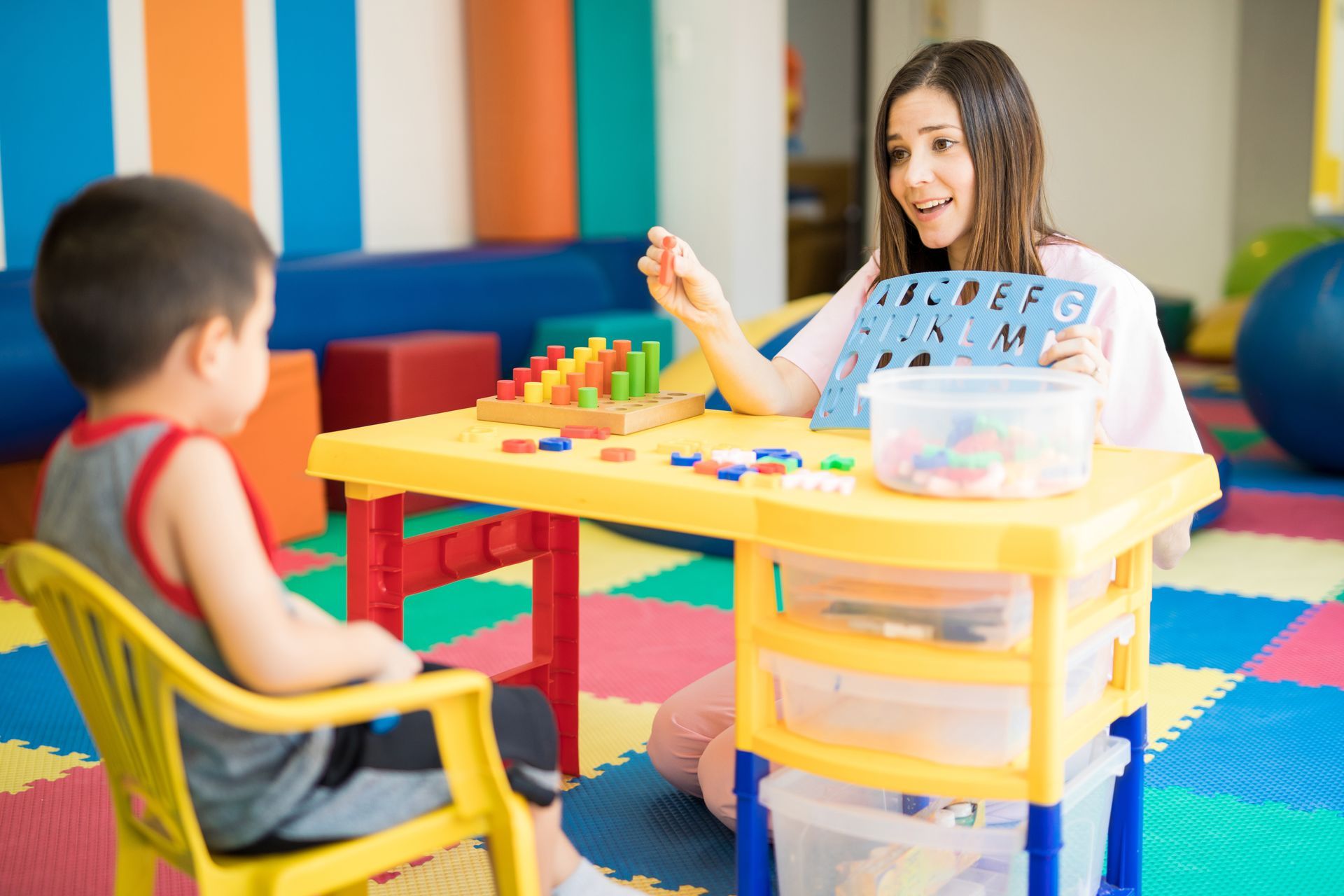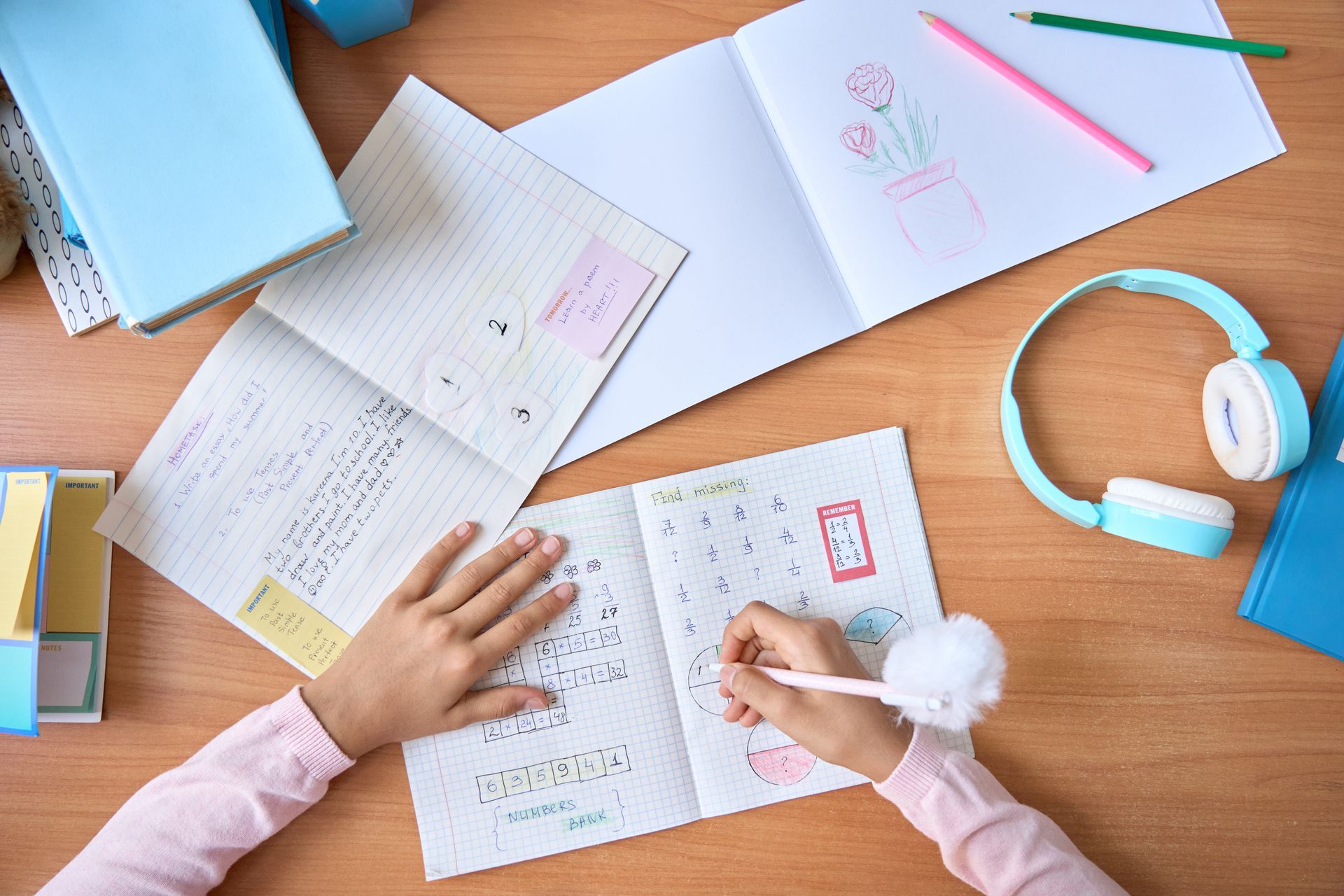Navigating IEP Meetings: Top Tips for Parents from Educational Consultants
Home and school partnerships in the development of Individual Education Plans (IEPs) are critical for students who require additional support in their learning journeys. As a parent, attending an IEP meeting can feel overwhelming—filled with educational jargon, timelines, and a team of professionals all discussing your child’s needs. At Goode Learning, we support families every step of the way through the IEP consultation, development and review processes. Here’s a comprehensive guide packed with actionable tips from experienced educational consultants to help you confidently navigate your child’s next IEP meeting.
Understanding IEP Meetings: What Families Need to Know
An IEP meeting is a collaborative opportunity for parents/guardians, teachers, school staff, and sometimes the student to come together to develop, review, or revise an Individual Education Plan. This plan outlines specific goals, accommodations, and strategies to support your child’s unique learning needs. Remember, you are an essential advocate for your child. Your perspective and knowledge about your child are crucial to creating an effective and personalized plan.
Prepare Thoroughly Before the Meeting
Preparation is key for a successful IEP meeting. Before you attend:
- Review your child's current IEP documents, report cards, and assessments. This will help you determine what progress has been made and what areas or skills may need to be targeted.
- List your concerns and questions ahead of time. These might include academic challenges, social skills, difficulties with executive functioning, or accommodations that need to be provided.
- Gather documentation, such as medical information, professional observations (e.g., occupational therapist, speech and language pathologist etc.), or work samples that demonstrate your child’s needs.
- If possible, consult with educational specialists or tutors to gather recommendations that you can discuss during the meeting.
Know Your Child’s Rights
Familiarize yourself with your child’s educational rights. Understanding the legislation and regulations surrounding special education can empower you to advocate effectively. Children with disabilities and children receiving special education services have a right to an education that meets their needs. It is important to know about these rights and to learn about the processes your child’s school uses to meet their needs. When attending meetings about your child’s education, you should feel free to ask questions and reserve the right to make any decisions at a later time.
Collaborate: Foster a Team Approach
IEP meetings are more constructive when they are collaborative. Here are some ways to approach the session as a partnership:
- Bring a positive, solution-oriented attitude.
- Listen actively to understand the perspectives of teachers and other professionals who may be present.
- Share insights: You know your child best, so provide examples of strategies that work at home or in other settings.
- Request explanations for any unfamiliar terms or processes discussed by the team.
Be an Advocate
Advocacy is about ensuring your child’s needs are being met. Be clear about your child’s rights and express any concerns you may have. If you disagree with suggestions, ask for further explanation or suggest alternatives. Request time to review documents before signing, or to schedule a follow-up if you need to gather more information.
Document Everything
Take your own notes throughout the meeting, and ask for a copy of the meeting minutes or updated documents. Keep all IEP-related paperwork organized. This record will be invaluable if any questions or concerns arise later, or if you need to refer to earlier conversations.
Follow Up and Monitor Progress
Once your child’s IEP is in place, stay involved. Regularly check in with teachers and request updates. Review progress and ask for additional meetings if you are wondering whether adjustments to the IEP may be required. Continuous communication will help ensure that the IEP is meeting the needs of your child.
Empower Your Family with Goode Learning’s IEP Support
Your involvement in your child’s IEP development, implementation and review is key to their educational success. By staying informed and actively collaborating with educators, you help pave the way for meaningful progress. At Goode Learning, our experienced consultants offer comprehensive IEP support services, including thorough reviews, individualized consultation, and ongoing guidance tailored to your child’s unique needs.
Ready to Advocate With Confidence?
Don’t navigate the IEP journey alone. Contact Goode Learning today to speak with one of our IEP specialists and discover how our expert support can empower your family and help your child reach their full learning potential. Visit www.goodelearning.ca to learn more or book a consultation. Let’s make a difference in your child’s education—together.










